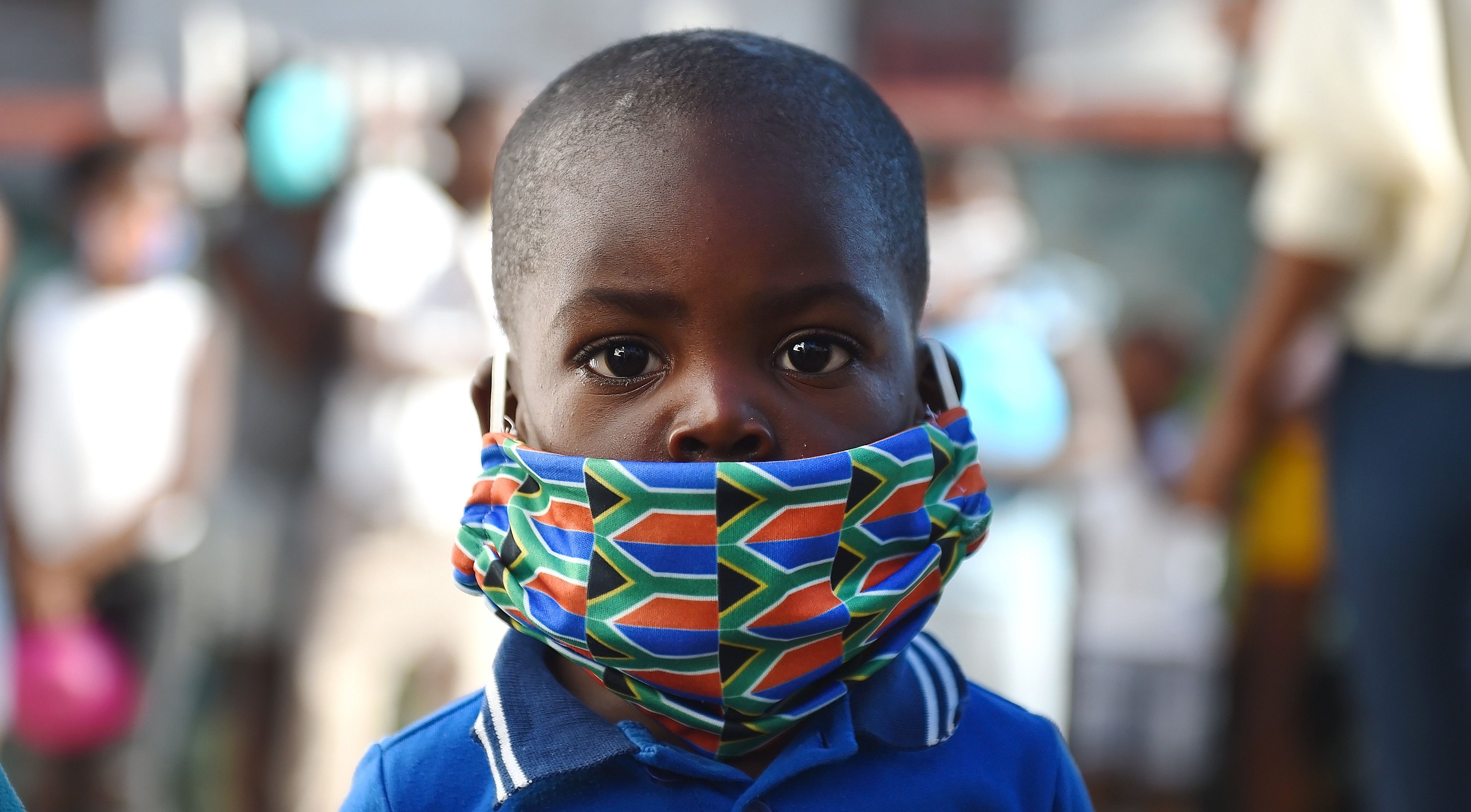Hard Numbers: Cape Town's caseload, US deports migrant children, Macron's loss, dissatisfied Americans
10: The city of Cape Town, home to South Africa's iconic Table Mountain, now accounts for 10 percent of all recorded coronavirus cases in the entire African continent. Virologists cite two reasons for this: First, Cape Town is a tourist hub that has welcomed more foreign nationals from COVID-19 hot spots than other African cities. Second, its outbreak can be traced to two "super-spreader" events that turbocharged the virus' spread.
900: The Trump administration has deported more than 900 migrant children in the past two months as part of its new pandemic border policy, in many cases without notifying family members or social workers. It says that the expulsion of minors, a departure from usual immigration policy, would be reviewed every 30 days.
7: French President Emmanuel Macron lost his parliamentary majority this week after seven party members defected to form their own political group focused on environmental issues. While this change won't necessarily undermine Macron's ability to pass legislation, it is a blow for a leader already focused on seeking reelection in 2022.
32: As the coronavirus continues to wreak havoc across the US, just 32 percent of Americans surveyed by Gallup say they are happy with the way things are panning out in their country. That's down from a high of 45 percent back in February.
